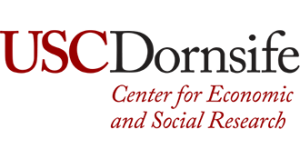Brief
Neighborhoods Matter: The Power of Place in Shaping Financial Health
The places where people live, work, play, and worship are tightly tied to their ability to be resilient during unexpected challenges and to seize opportunities over time. This brief highlights the role of place in financial health, as well as the opportunity for place-based solutions to improve the financial lives of residents and communities.

Neighborhoods Matter: The Power of Place in Shaping Financial Health
Explore the trends. Discover new insights. Build stronger strategies.








